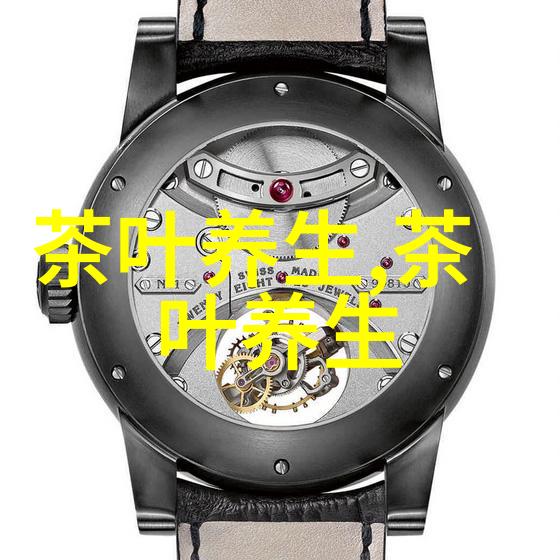在这片古老而又充满活力的土地上,茶香与文明同生共长。中国的茶叶不仅是人们日常生活中的一个必需品,更是一种文化符号,它承载着数千年的历史和深厚的文化底蕴。在这个意义上,中国传统制茶技艺的申遗成功,不仅是对一种技术形式的认可,也是对中华民族智慧与创造力的一次巨大肯定。

1. 传统制茶技艺:历史与发展
从唐代开始,中国就已经有了较为成熟的制作茗叶(高级黑茶)的技术。随着时间的推移,这种技术被不断地发扬光大,并形成了一套完整而复杂的生产流程。这套流程包括但不限于选料、杀青、揉捻、晾干等关键步骤,每一步都需要精确到位,以保证最终产品质地均匀、风味独特。

2. 申遗背后的故事
2018年,经过国际专家团队评审后,“中国茗香之旅——云南普洱、大理普洱和四川乌龙”的项目得到了世界文化组织(UNESCO)的认可,被列入《代表性非物质文化遗产名录》中。这一决定意味着,不论是在国内还是在国际舞台上的,我们这一项珍贵的人类精神财富将得到更好的保护和传承。

3. 文化价值与经济效益
除了其美味滋补之外,中国传统制茶还有很强的地位象征作用。在许多家庭聚会或商务宴请中,都会有一壶好 茶作为招待客人的象征。因此,对于这种技艺进行保护,不仅能够保留我们丰富多彩的手工工艺,还能促进当地农民收入增加,从而带动区域经济发展。

4. 教育意义
通过学习和实践这些古老的手工艺,可以让年轻一代更加了解自己的根源,同时也增强他们对于手工劳动以及对自然资源利用节约性的认识。而对于那些渴望体验中华民族悠久历史魅力的游客来说,这些活动也是一个不可多得的机会,让他们亲身体验到“天人合一”的哲学思想,在自然环境中找到内心平静。

5. 未来展望
面临全球化背景下各种现代工业生产方式不断蚕食传统产业空间时,这次申遗胜利无疑是一个鼓舞人心的事情。不仅要继续加强相关保护措施,更要创新运营模式,将这种艺术融入现代教育体系,使其成为学校课程的一部分;同时,要探索新的市场途径,比如线上销售平台,让更多人能够享受到这种特殊的人文景观。
总结:
China's traditional tea-making skills have been inscribed on the Representative List of the Intangible Cultural Heritage of Humanity by UNESCO, which not only recognizes the unique value of this art but also highlights China's rich cultural heritage and its contributions to human civilization as a whole. This achievement serves as an inspiration for future generations to continue preserving and promoting these valuable skills while adapting them to modern times through innovative approaches, ensuring that they remain relevant and cherished by people around the world.
The success of China's traditional tea-making techniques in being recognized as intangible cultural heritage is not just about celebrating a tradition, it is also about acknowledging the importance of preserving our cultural roots and passing them down to future generations. As we celebrate this achievement, let us remember that there is still much work to be done in protecting these traditions from disappearing into oblivion.
In conclusion, China's traditional tea-making techniques are more than just a way of making tea; they represent a connection between past and present, tradition and innovation, culture and identity. The recognition of their importance by UNESCO serves as a reminder that our shared humanity is what makes us strong and resilient.
As we look towards the future with hope and determination, let us embrace these timeless values embedded within our ancient arts like Chinese tea-making techniques – values such as perseverance, creativity, respect for nature – so that they can continue inspiring new generations for years to come.
Finally let me say: "May our ancestors' wisdom guide us today; may their love for life inspire us tomorrow."
